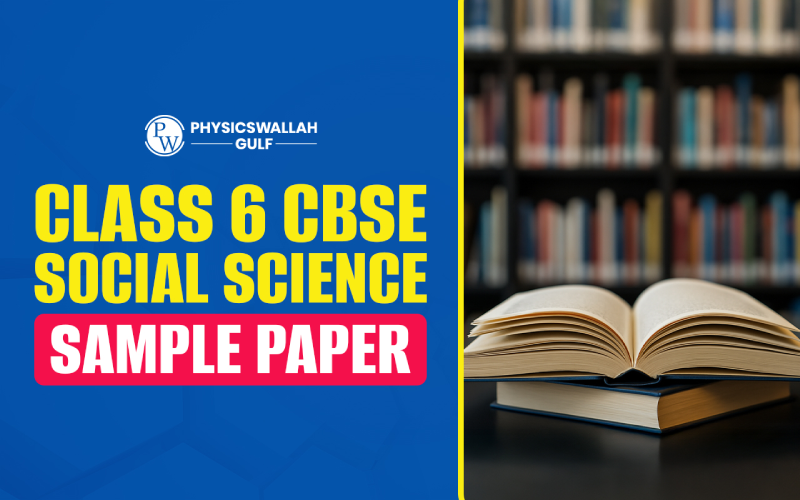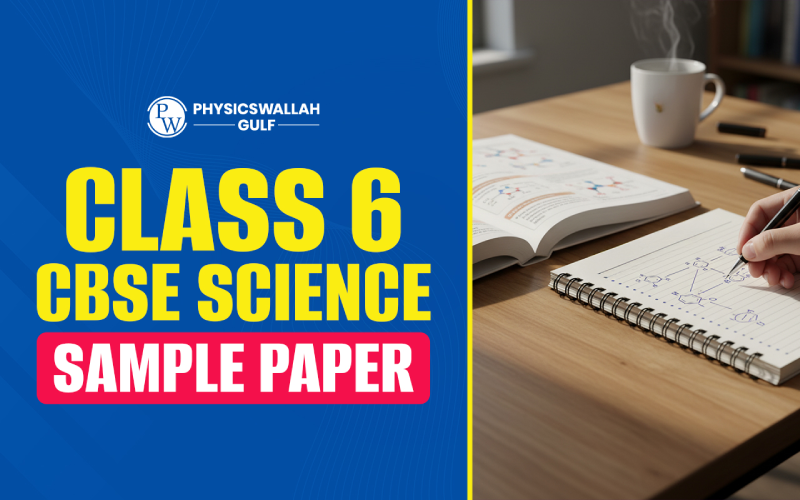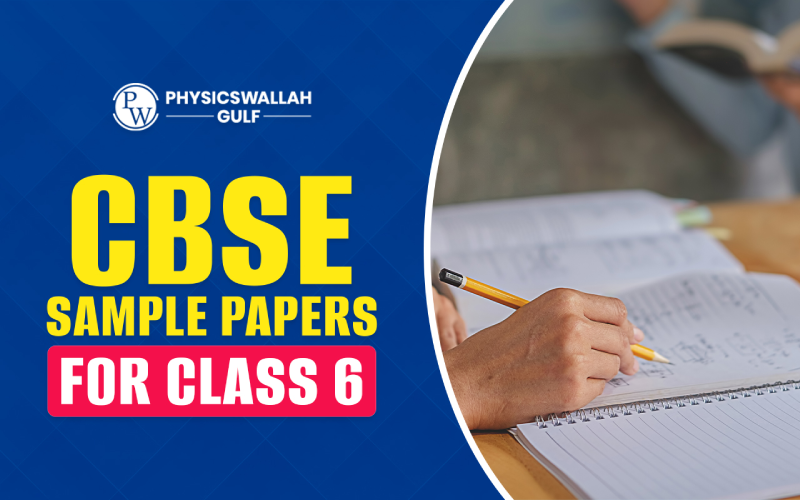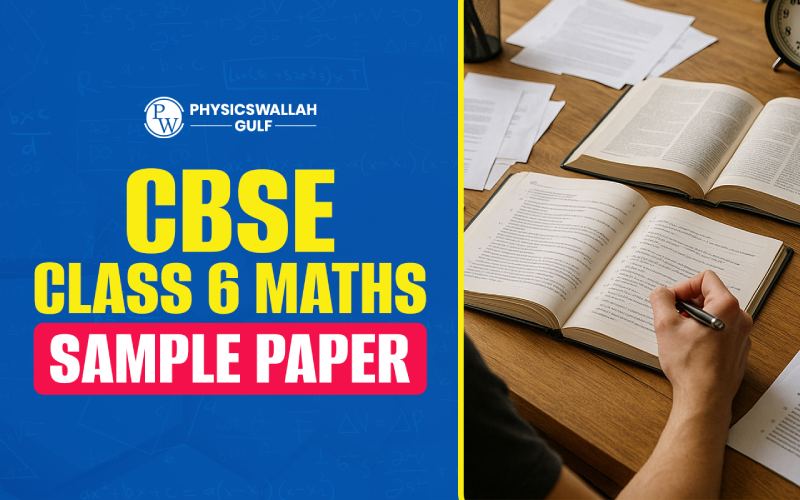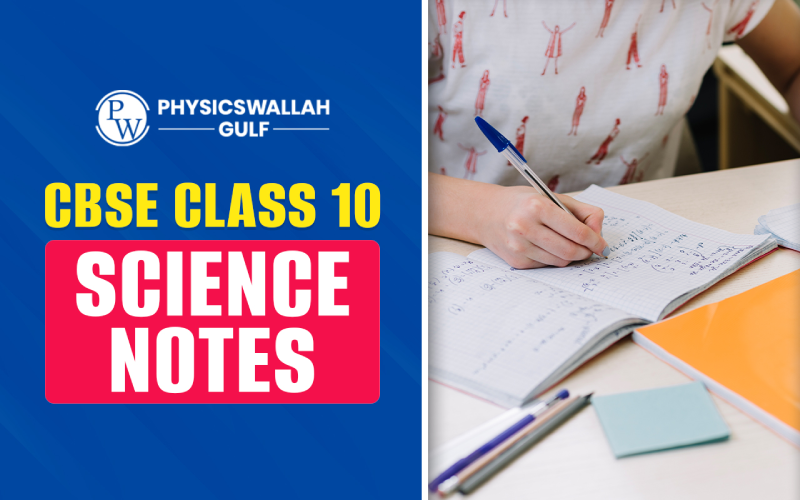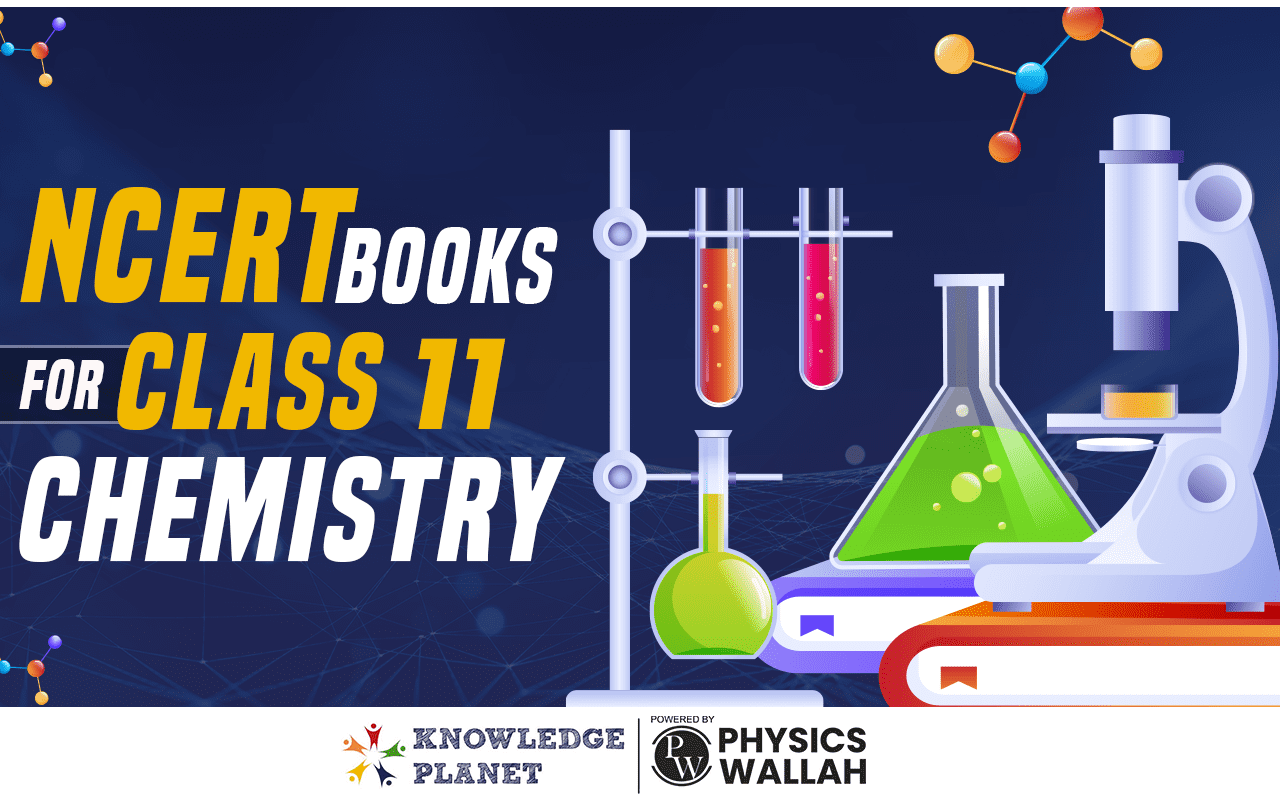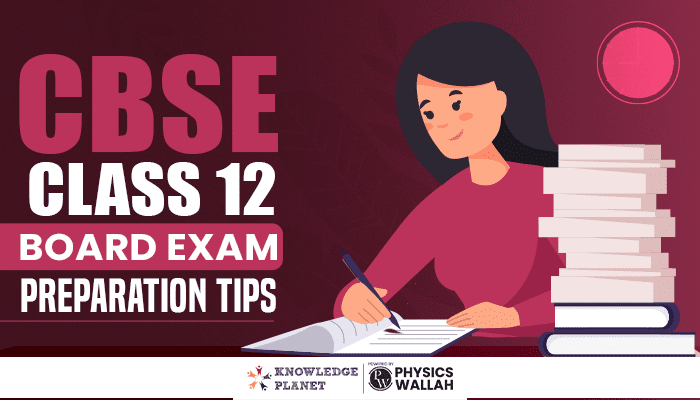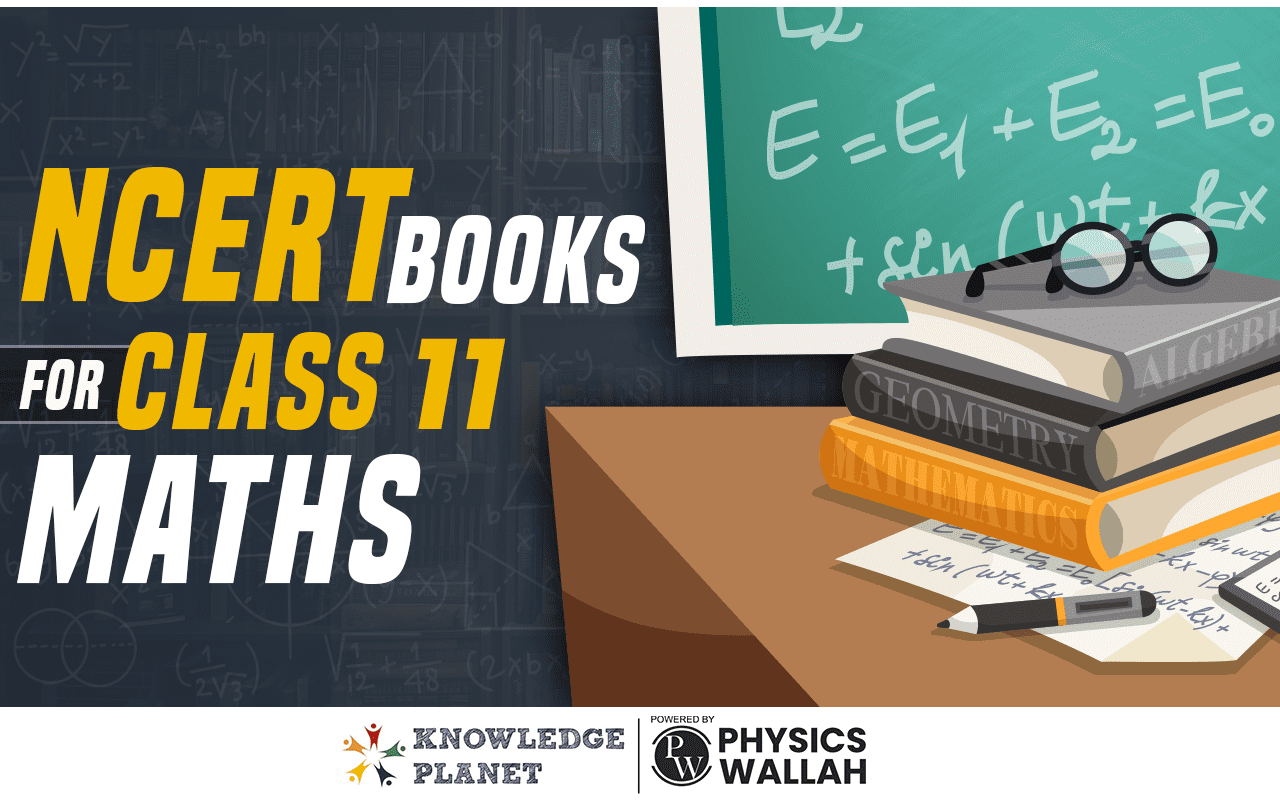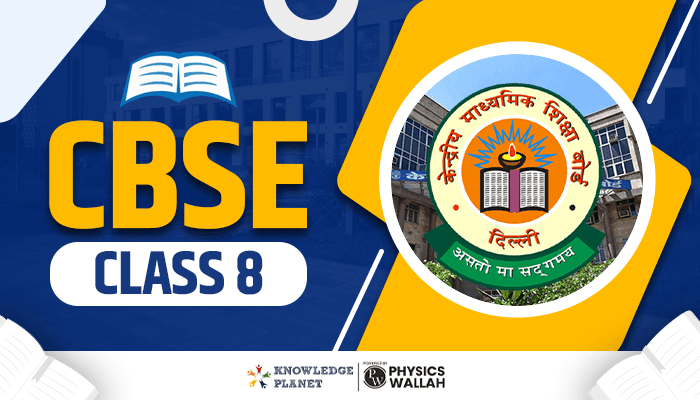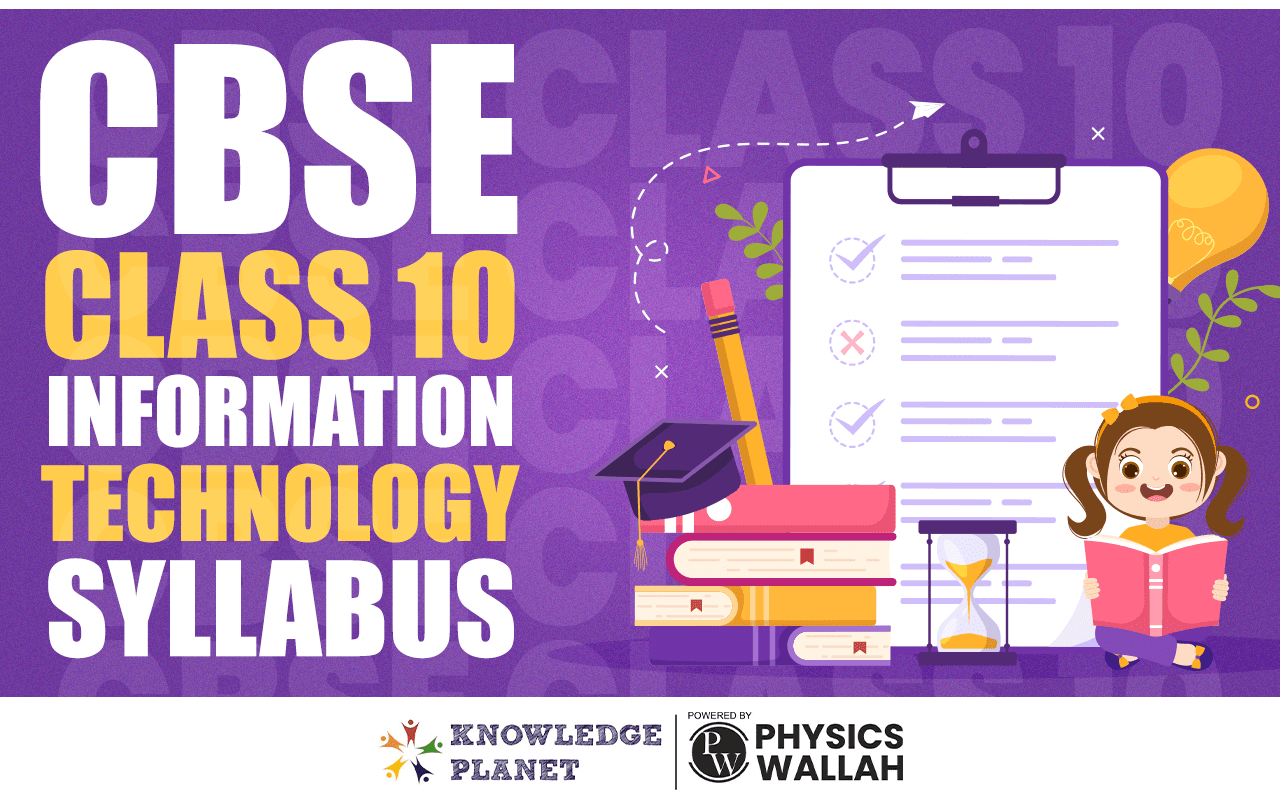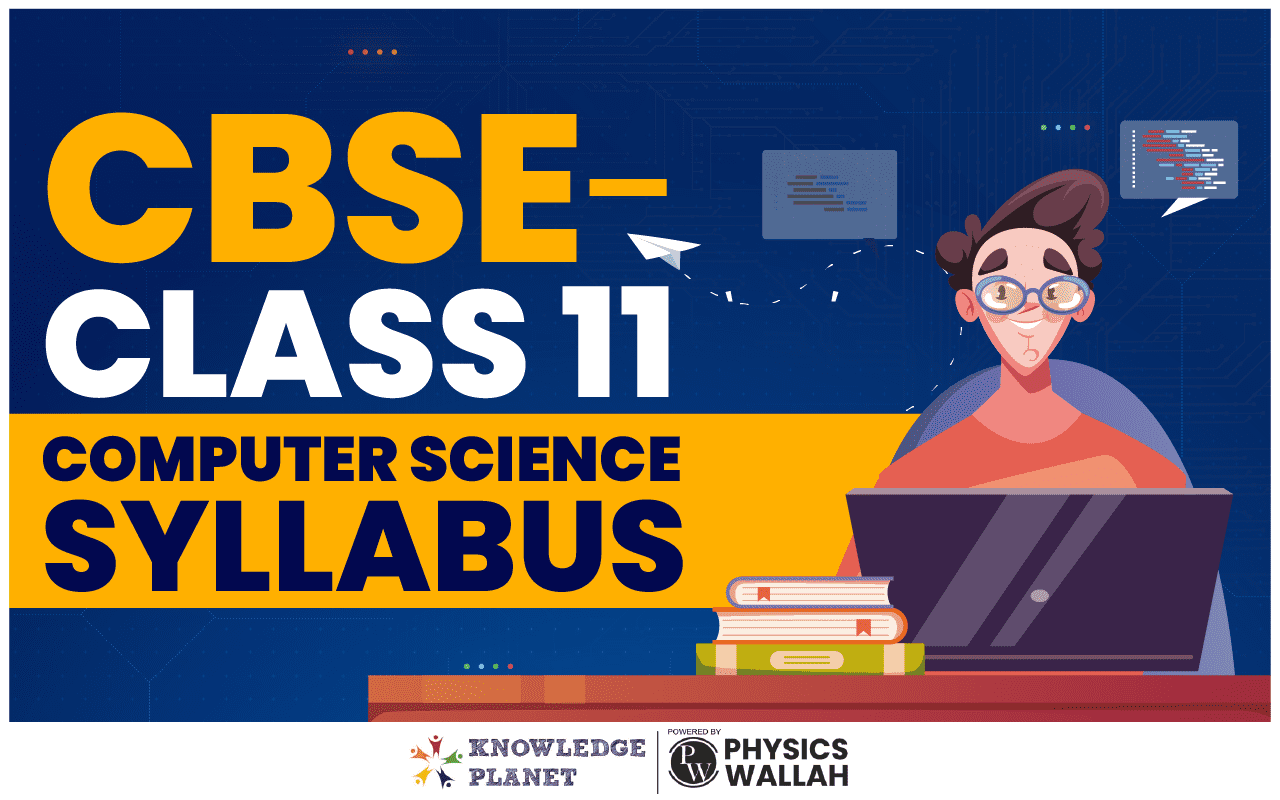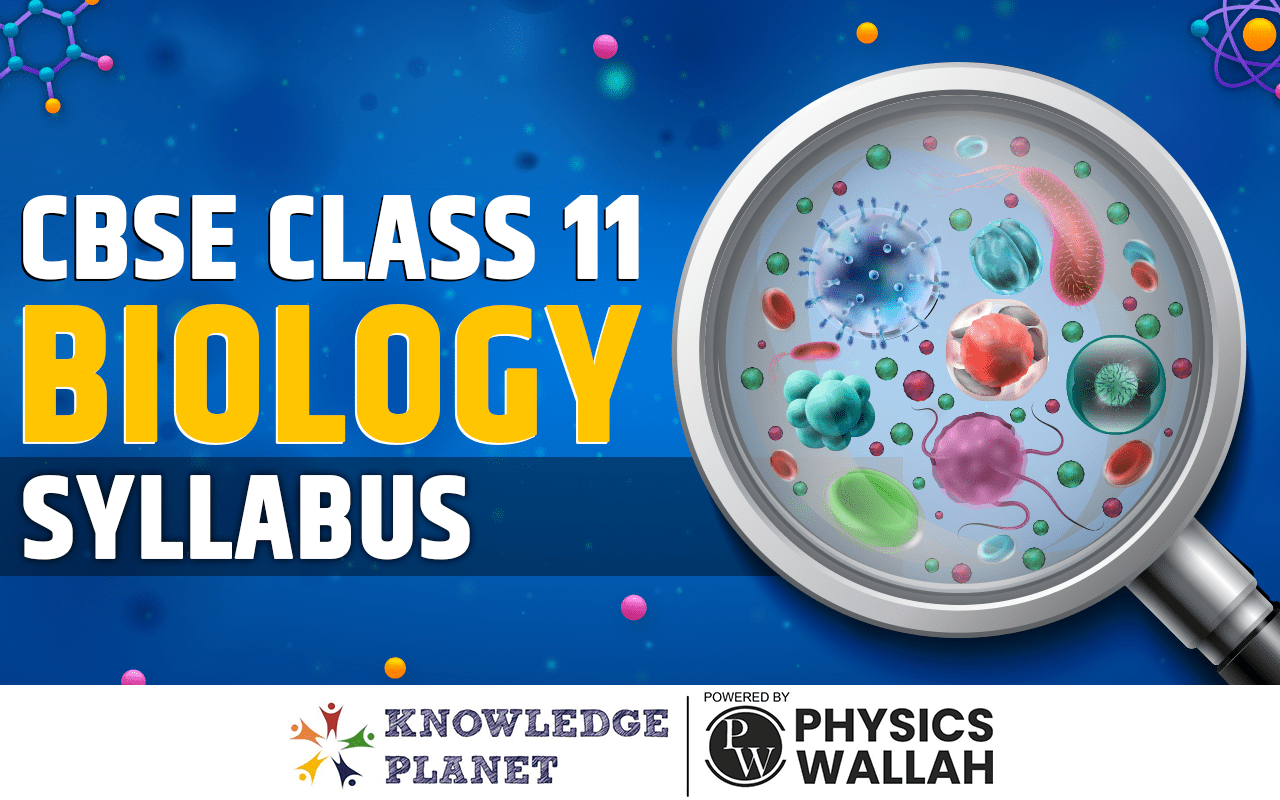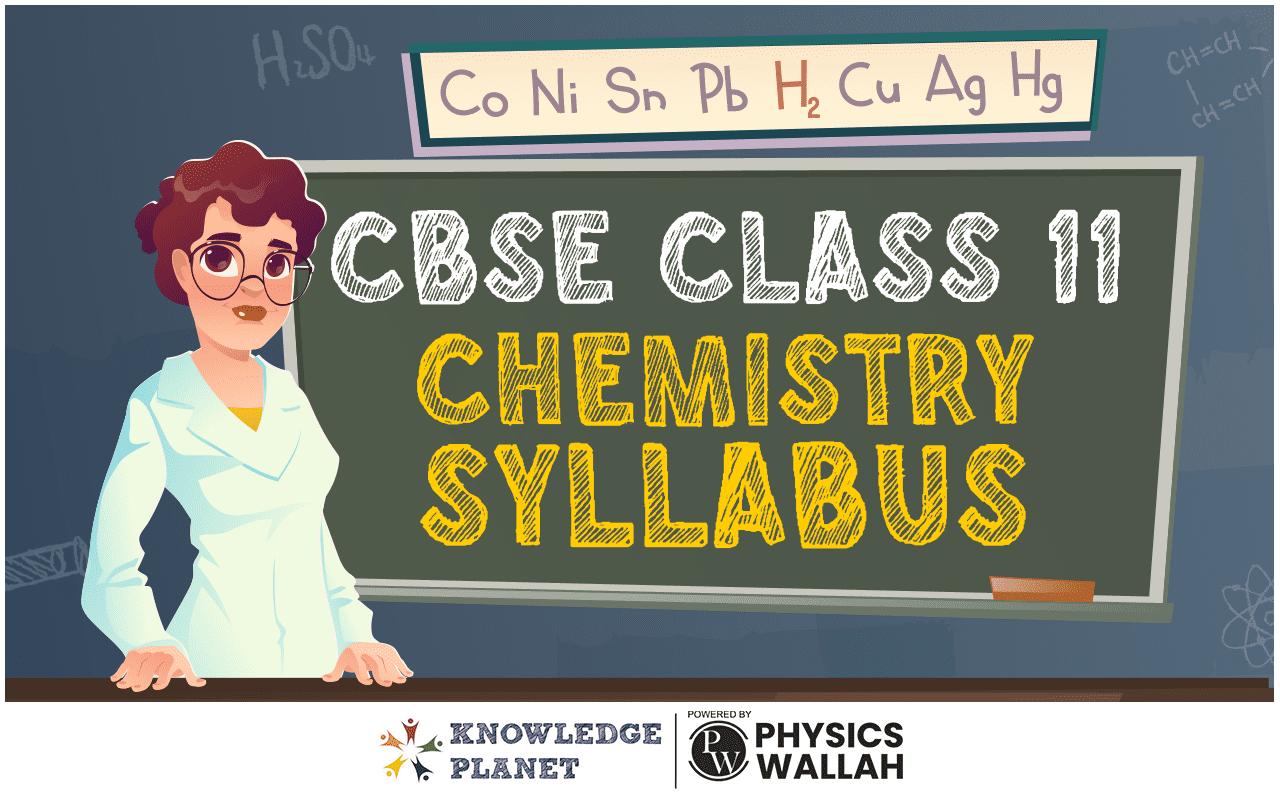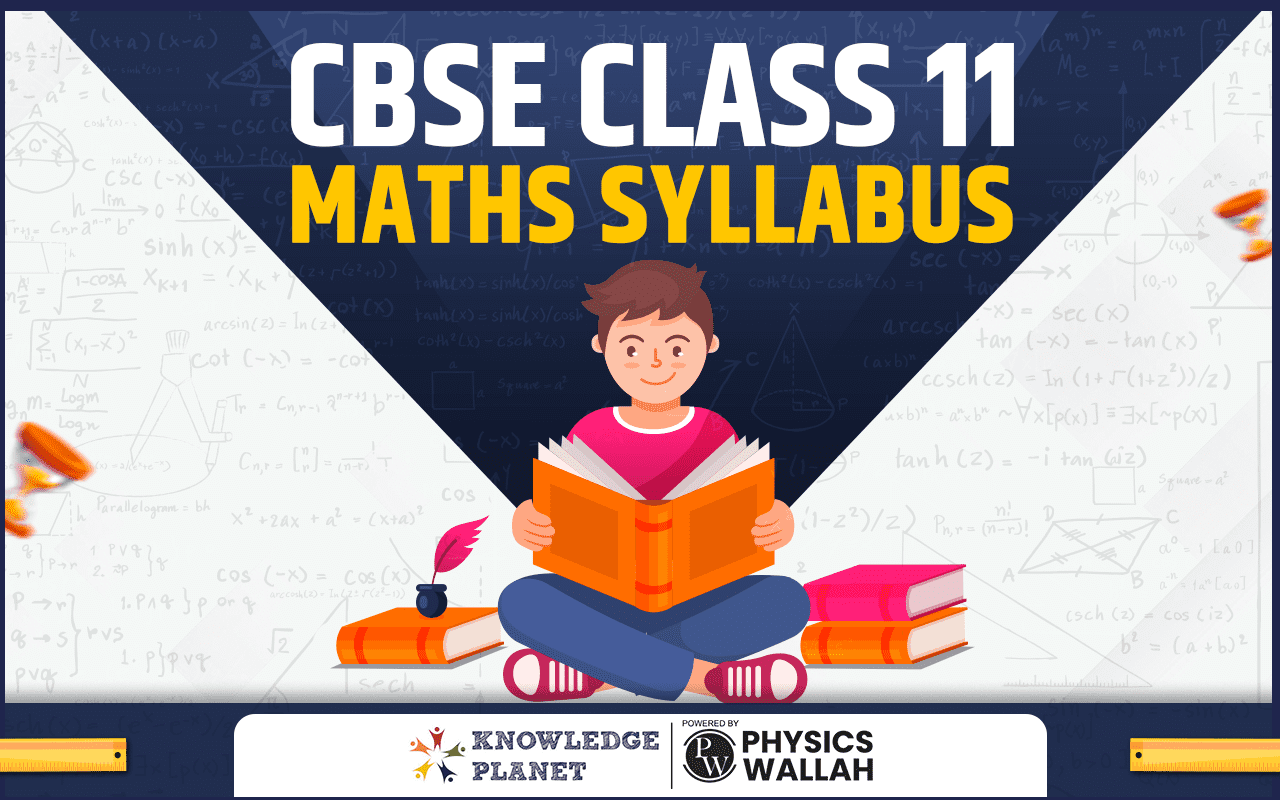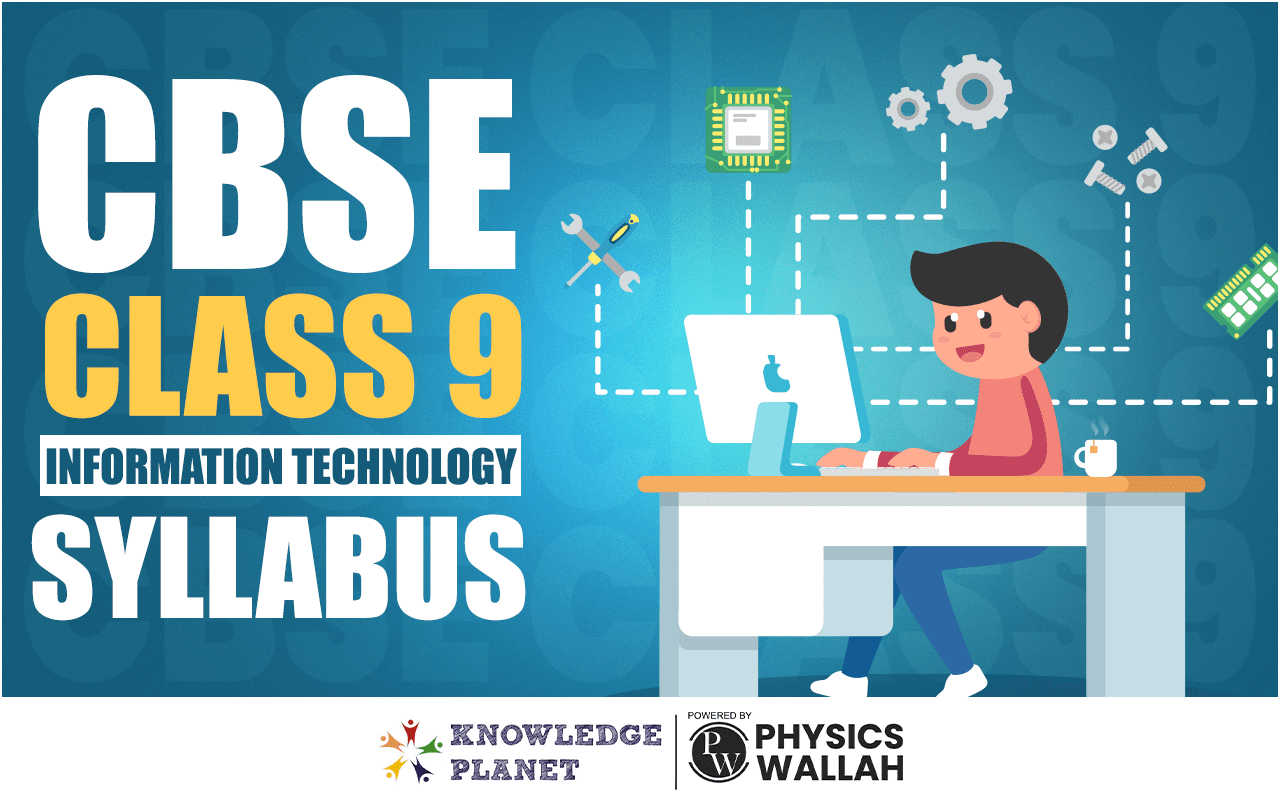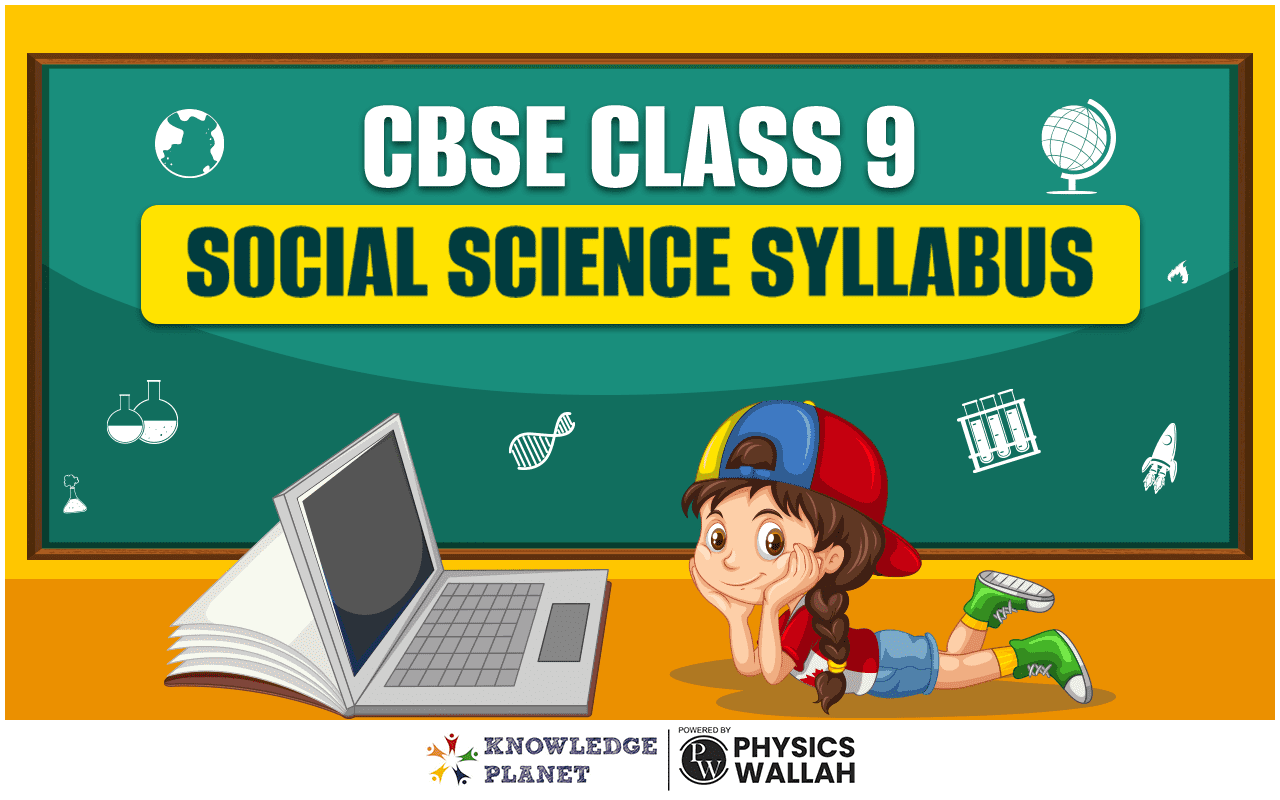CBSE Class 12th Syllabus 2025: The CBSE Class 12 Syllabus for the 2024-25 school year provides a clear guide for students preparing for exams. It includes various subjects such as Informatics Practices, History, and Physical Education, detailing specific units, marks distribution, and time allocated for both theory and practical sessions.
Understanding this syllabus is important for students because it outlines the topics to be studied, exam patterns, and the significance of each subject for their academic development. The syllabus serves as a roadmap, helping students track their progress, concentrate on key areas, and prepare effectively for their board exams.
CBSE Class 12th Syllabus 2025 Overview
The CBSE Class 12th Syllabus 2025 covers a wide range of topics, including literature, grammar, writing skills, mathematics, science, social science, physical education, and work experience
CBSE has released the syllabus for all the main subjects and electives on its official website cbseacademic.nic.in. Students can access the CBSE Class 12 syllabus PDF files for download via the official CBSE website. It is essential for students to carefully go through the CBSE Class 12 Syllabus 2024-25 of every subject before starting their preparation for the board examinations.
CBSE Class 12th Maths Syllabus 2025
The CBSE Class 12 Maths Syllabus for the academic year 2024-25 aims to equip students with a thorough understanding of different mathematical concepts. It is structured into six components, with a total theoretical examination worth 80 marks. Here's a breakdown of the chapter-wise weightage:
-
Relations and Functions: 8 marks
-
Algebra: 10 marks
-
Calculus: 35 marks
-
Vectors and Three–Dimensional Geometry: 14 marks
-
Linear Programming: 5 marks
-
Probability: 8 marks
CBSE Class 12th Science Syllabus 2025
The CBSE Class 12 Science Syllabus for the academic year 2024-25 covers a range of subjects including Physics, Chemistry, and Biology. Here is a detail of the key topics and marks allocation for each subject:
CBSE Class 12th Physics Syllabus 2025
The CBSE Class 12 Physics Syllabus for the academic year 2025 includes the following units and topics:
-
Unit-I: Electrostatics
-
Electric Charges and Fields
-
Electrostatic Potential and Capacitance
-
-
Unit-II: Current Electricity
-
Current Electricity
-
-
Unit-III: Magnetic Effects of Current and Magnetism
-
Moving Charges and Magnetism
-
Magnetism and Matter
-
-
Unit-IV: Electromagnetic Induction and Alternating Currents
-
Electromagnetic Induction
-
Alternating Current
-
-
Unit-V: Electromagnetic Waves
-
Electromagnetic Waves
-
-
Unit-VI: Optics
-
Ray Optics and Optical Instruments
-
Wave Optics
-
-
Unit-VII: Dual Nature of Radiation and Matter
-
Dual Nature of Radiation and Matter
-
-
Unit-VIII: Atoms and Nuclei
-
Atoms
-
Nuclei
-
-
Unit-IX: Electronic Devices
-
Semiconductor Electronics: Materials, Devices and Simple Circuits
-
CBSE Class 12th Chemistry Syllabus 2025
Here is a detailed overview of the CBSE Class 12 Chemistry Syllabus for the 2024-25 academic year:
Unit 1: Solutions
-
Types of solutions, expression of concentration, solubility, Raoult's law, colligative properties - relative lowering of vapour pressure, elevation of boiling point, depression of freezing point, osmotic pressure, determination of molecular masses using colligative properties, abnormal molecular mass, Vant Hoff factor.
Unit 2: Electrochemistry
-
Redox reactions, conductance in electrolytic solutions, specific and molar conductivity, variations of conductivity with concentration, Kohlrausch's Law, electrolysis and laws of electrolysis (elementary idea), dry cell - electrolytic cells and Galvanic cells, lead accumulator, EMF of a cell, standard electrode potential, Nernst equation and its application to chemical cells, relation between Gibbs energy change and EMF of a cell, fuel cells, corrosion.
Unit 3: Chemical Kinetics
-
Rate of a reaction (average and instantaneous), factors affecting rate of reaction: concentration, temperature, catalyst; order and molecularity of a reaction, rate law and specific rate constant, integrated rate equations and half-life (only for zero and first order reactions), concept of collision theory (elementary idea, no mathematical treatment).
Unit 4: d and f Block Elements
-
General introduction, electronic configuration, occurrence and characteristics of transition metals, general trends in properties of the first row transition metals - metallic character, ionization enthalpy, oxidation states, ionic radii, colour, catalytic property, magnetic properties, interstitial compounds, alloy formation, preparation and properties of K2Cr2O7 and KMnO4.
Unit 5: Coordination Compounds
-
Coordination compounds - introduction, ligands, coordination number, colour, magnetic properties and shapes, IUPAC nomenclature of mononuclear coordination compounds. Bonding, Werner's theory, VBT, and CFT; structure and stereoisomerism, importance of coordination compounds (in qualitative analysis, extraction of metals and biological systems).
Unit 6: Haloalkanes and Haloarenes
-
Haloalkanes: Nomenclature, nature of C-X bond, physical and chemical properties, optical rotation mechanism of substitution reactions, SN2 and SN1 reactions. Haloarenes: Nature of C-X bond, substitution reactions (directive influence of halogen in monosubstituted compounds only).
Unit 7: Alcohols, Phenols and Ethers
-
Alcohols: Nomenclature, methods of preparation, physical and chemical properties (of primary alcohols only), identification of primary, secondary and tertiary alcohols, mechanism of dehydration, uses with special reference to methanol and ethanol. Phenols: Nomenclature, methods of preparation, physical and chemical properties, acidic nature of phenol, electrophilic substitution reactions, uses of phenols. Ethers: Nomenclature, methods of preparation, physical and chemical properties, uses.
Unit 8: Aldehydes, Ketones and Carboxylic Acids
-
Aldehydes and Ketones: Nomenclature, nature of carbonyl group, methods of preparation, physical and chemical properties, mechanism of nucleophilic addition, reactivity of alpha hydrogen in aldehydes, uses. Carboxylic Acids: Nomenclature, acidic nature, methods of preparation, physical and chemical properties; uses.
Unit 9: Amines
-
Amines: Nomenclature, classification, structure, methods of preparation, physical and chemical properties, uses, identification of primary, secondary and tertiary amines.
Unit 10: Biomolecules
-
Carbohydrates - Classification (aldoses and ketoses), monosaccharides (glucose and fructose), D-L configuration oligosaccharides (sucrose, lactose, maltose), polysaccharides (starch, cellulose, glycogen); Proteins -Elementary idea of amino acids, peptide bond, polypeptides, proteins, structure of proteins - primary, secondary, tertiary structure and quaternary structures (qualitative idea only), denaturation of proteins; Enzymes. Vitamins - Classification and functions. Nucleic Acids: DNA and RNA
CBSE Class 12th Biology Syllabus 2025
Here is a detail of the key topics covered in the CBSE Class 12 Biology syllabus for the 2025 board exams:
Unit VI: Reproduction (16 Marks)
-
Chapter 1: Reproduction in Organisms
-
Chapter 2: Sexual Reproduction in Flowering Plants
-
Chapter 3: Human Reproduction
-
Chapter 4: Reproductive Health
Unit VII: Genetics and Evolution (20 Marks)
-
Chapter 4: Principles of Inheritance and Variation
-
Chapter 5: Molecular Basis of Inheritance
-
Chapter 6: Evolution
Unit VIII: Biology and Human Welfare (12 Marks)
-
Chapter 7: Human Health and Diseases
-
Chapter 8: Microbes in Human Welfare
Unit IX: Biotechnology and its Applications (12 Marks)
-
Chapter 9: Biotechnology - Principles and Processes
-
Chapter 10: Biotechnology and its Applications
Unit X: Ecology and Environment (10 Marks)
-
Chapter 11: Organisms and Populations
-
Chapter 12: Ecosystem
-
Chapter 13: Biodiversity and Its Conservation
CBSE Class 12th English Syllabus 2025
Here is a detail of the key topics in the CBSE Class 12 English Syllabus for 2025:
CBSE Class 12 English Core Syllabus 2025
Students can get here CBSE Class 12 English Core Syllabus 2025, which is listed below:
Section A: Reading Comprehension (40 Marks)
-
Unseen passage (factual, descriptive or literary) (20 Marks)
-
Case-Based Unseen (Factual) Passage (20 Marks)
Section B: Writing Skills (40 Marks)
-
Short Writing Tasks – Notice, Formal/Informal Invitation and Reply (8 Marks)
-
Long Writing Tasks – Letters Writing (for a job with bio data or resume/Letters to the editor), Article/ Report Writing (32 Marks)
Section C: Literature (40 Marks)
-
Flamingo (Prose) - The Last Lesson, Lost Spring, Deep Water, The Rattrap, Indigo, Poets and Pancakes, The Interview, Going Places
-
Flamingo (Poetry) - My Mother at Sixty-Six, Keeping Quiet, A Thing of Beauty, Aunt Jennifer's Tigers
-
Vistas (Supplementary Reader) - The Third Level, The Tiger King, Journey to the End of the Earth, The Enemy, On the Face of It, Memories of Childhood, The Cutting of My Long Hair, We're Not Afraid to Die...if We Can All Be Together
CBSE Class 12 English Elective Syllabus 2025
Students can get here CBSE Class 12 English elective Syllabus 2025, which is listed below:
Book- Flamingo (Prose)
-
The Rattrap - Selma Lagerlöf
-
Indigo - Louis Fischer
-
Poets and Pancakes - Asokamitran
-
The Interview - Christopher Silvester
Book- Vistas (Supplementary Reader)
-
The Third Level - Jack Finney
-
Journey to the End of the Earth - Tishani Doshi
Book- Kaleidoscope- Nonfiction
-
Freedom - Rabindranath Tagore
-
The Mark on the Wall - Virginia Woolf
-
Why the Novel Matters - D.H. Lawrence
Book- Kaleidoscope-Drama
-
Chandalika - Rabindranath Tagore
Novel- Fiction
-
A Tiger for Malgudi or The Financial Expert by R.K. Narayan
CBSE Class 12th Accountancy Syllabus 2025
The CBSE Class 12 Accountancy Syllabus for the academic year 2024-2025 includes the following major topics:
-
Part A: Accounting for Partnership Firms and Companies
-
Unit 1. Accounting for Partnership Firms
-
Unit 2. Accounting for Companies
-
-
Part B: Financial Statement Analysis
-
Unit 3. Analysis of Financial Statements
-
Unit 4. Cash Flow Statement
-
-
Part C: Project Work
-
Project file
-
Viva voce
-
OR
-
Part B: Computerized Accounting
-
Unit 4. Computerized Accounting
-
-
Part C: Practical Work
-
Practical file
-
Viva voce
-
CBSE Class 12th Economics Syllabus 2025
The CBSE Class 12 Economics syllabus for the academic year 2024-2025 consists of two parts:
Part A: Introductory Macroeconomics
-
National Income and Related Aggregates (10 marks)
-
Money and Banking (6 marks)
-
Determination of Income and Employment (12 marks)
-
Government Budget and the Economy (6 marks)
-
Balance of Payments (6 marks)
Part B: Indian Economic Development
-
Development Experience (1947-90) and Economic Reforms since 1991 (12 marks)
-
Current Challenges facing Indian Economy (20 marks)
-
Development Experience of India – A Comparison with Neighbours (8 marks)
The theory paper carries 80 marks.
CBSE Class 12th Business Studies Syllabus 2025
The CBSE Class 12 business studies syllabus for the academic year 2024-2025 consists of three parts:
-
Part A: Principles and Functions of Management
-
Nature and Significance of Management
-
Principles of Management
-
Business Environment
-
Planning
-
Organising
-
Staffing
-
Directing
-
Controlling
-
-
Part B: Business Finance and Marketing
-
Financial Management
-
Financial Markets
-
Marketing Management
-
Consumer Protection
-
-
Part C: Project Work
-
Project Work (One)
-
The CBSE Class 12 syllabus for the academic year 2024-25 remains largely unchanged from the previous year, with no significant alterations introduced. The curriculum continues to focus on enhancing critical-thinking and problem-solving skills among students.
CBSE Class 12th Syllabus 2025 FAQs
Q: Is there any change in the CBSE Class 12 Syllabus for 2025 compared to 2024?
Ans: The CBSE Class 12 syllabus for 2025 remains largely unchanged from the previous year, with only minor modifications to the exam pattern. The curriculum continues to focus on developing critical thinking and problem-solving skills among students.
Q: Will there be two board exams conducted in the 2024-25 academic session?
Ans: Yes, starting from the 2024-25 academic year, CBSE will conduct board exams twice a year for class 10 and 12 students. This new system is not compulsory, and students can retain their best scores from the two exams.
Q: What is the format of the CBSE Class 12 English exam in 2025?
Ans: The CBSE Class 12 English exam consists of three sections: Reading, Writing, and Literature. The theoretical exam is worth 80 marks, and the internal assessment is worth 20 marks. Students are required to study two books: Flamingo (prose) and Vistas (poems).
Q: How can students access the CBSE Class 12 Syllabus for 2025?
Ans: The CBSE has released the new syllabus for classes 9th to 12th for the 2024-25 academic session on its official website, cbse.nic.in. Students can download the subject-wise syllabus for CBSE Class 12 in PDF format from our PW Gulf website.
Q: What is the importance of the CBSE Class 12 Syllabus for students?
Ans: The CBSE Class 12 syllabus serves as a tool for course planning, facilitating teachers' organization of lessons. It outlines the objectives, format of assignments, tests, and activities necessary for students to master the content.








